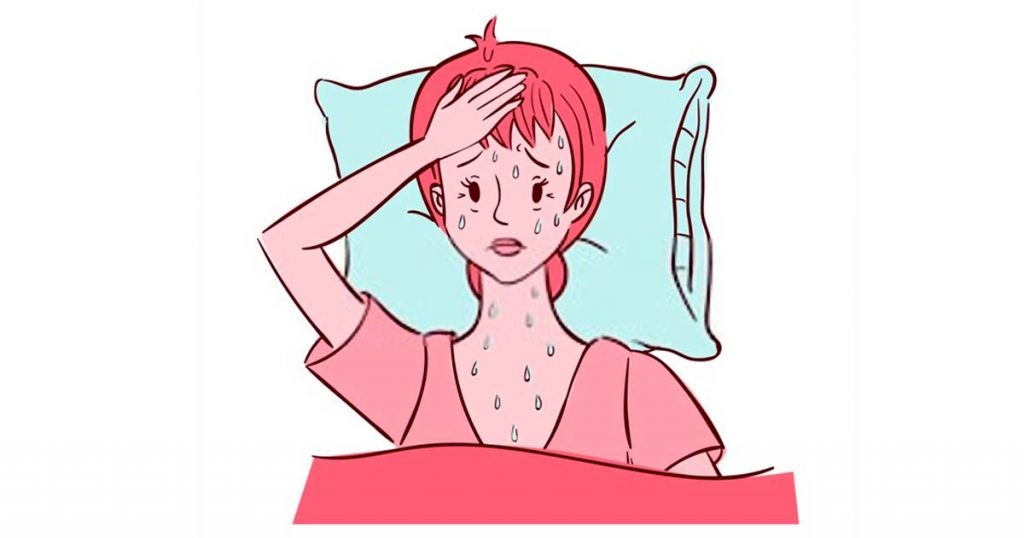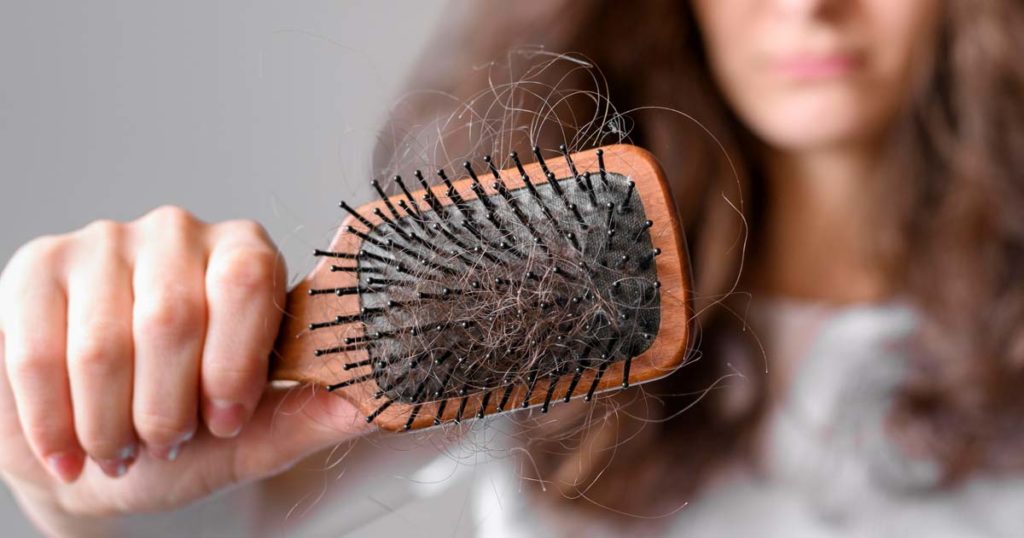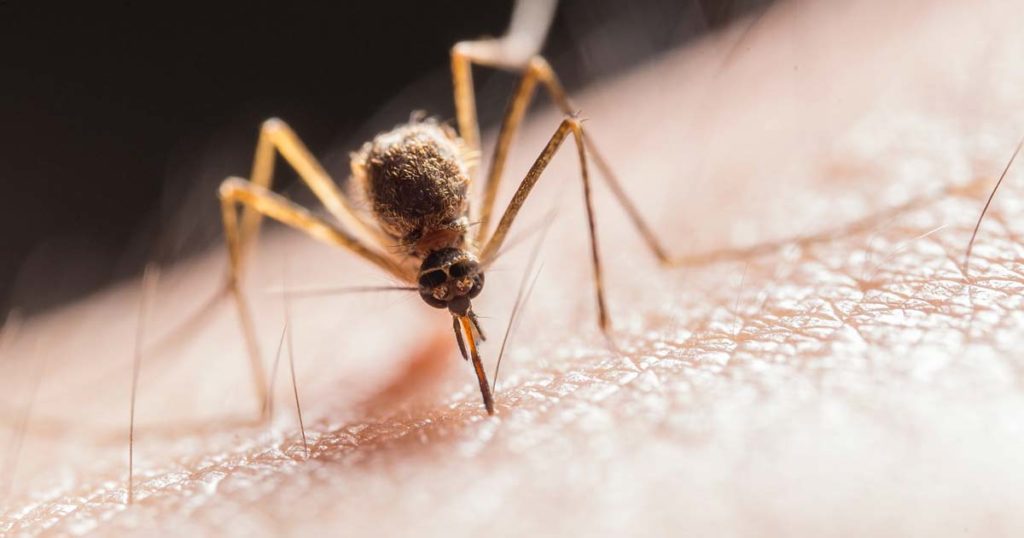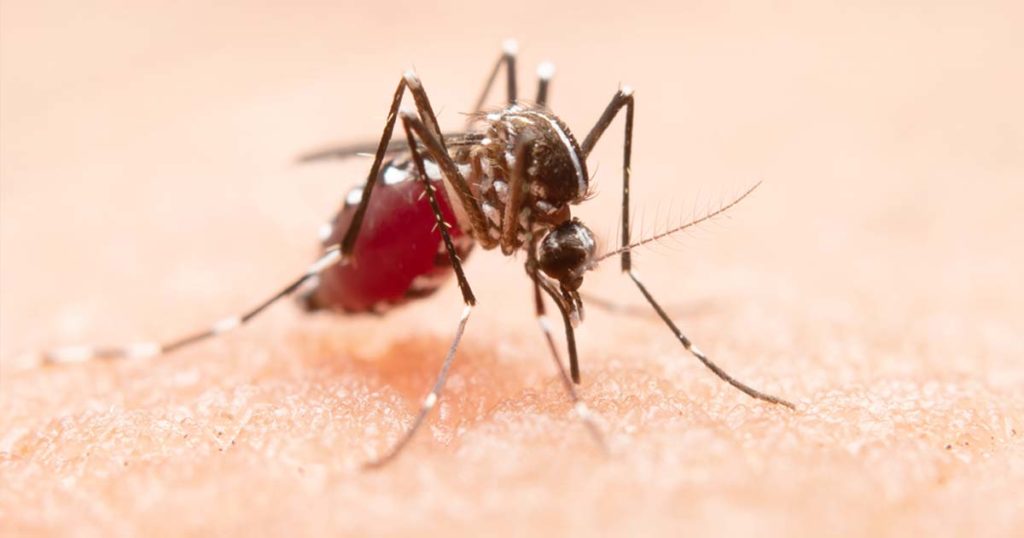What are hot flashes? They are one of the commonest symptom of menopause, which women undergo at the average age of 50, though many women will do so earlier most commonly due to premature ovarian failure (POF) or due to surgical removal of a woman’s reproductive organs.
Younger women who encounter menopause due to POF or surgical menopause may experience hot flashes more frequently or severely than women who experience menopause in due course. So what are hot flashes or hot flushes and night sweats?
Symptoms of hot flashes
Hot flashes start to occur usually when a woman is in her 40’s or during the period of perimenopause (the years preceding actual menopause) when she may still be menstruating. Most women who experience hot flashes may have them for fewer than 5 years, although some women may continue to have them for 10 years.
What are hot flashes for one woman may not be what they are for another. While some women never experience hot flashes others have them with varying degrees of severity and frequency.
Some women may have mild and infrequent episodes whereas some women may have dozens of hot flashes a day.
Hot flashes may be a mild inconvenience for one woman, whereas for another, it can be something that interrupts normal functioning and negatively impacts quality of life.
Many (but not all) women have hot flashes, which is a feeling of intense heat that radiates from the face or the chest to the whole body. The feeling is often accompanied by a flushed face, sweating that could be profuse, a rapid heartbeat and heating up of the face. The episode may last for a few minutes or up to half an hour.
Some women may answer the question what are hot flashes differently, because they may not experience hot flashes during the day. Instead they have night sweats, which are basically hot flashes experienced at night when the body’s estrogen levels are lowest. This can cause sleep disturbances and result in insomnia and daytime fatigue.
Hot flashes also vary in terms of how quickly they come on and ebb. Though hot flashes usually come on fairly rapidly, some women experience slow or ember hot flashes that are slow to reach maximum intensity and which abate slowly as well.
What causes hot flashes?
We don’t fully understand the mechanism of hot flashes but we do know that it is closely associated with declining estrogen levels which a woman typically experiences due to menopause. There are major biochemical changes that are ongoing in a woman’s body at this time, which tend to alter the way that the body’s thermostat (the hypothalamus) works.
Rather than low levels of estrogen, it appears to be a withdrawal of estrogen from the system that is seen to cause what are hot flashes. This can be concluded from the fact that prepubescent girls and other hormonal imbalances don’t seem to cause hot flashes. Women who are obese, who have sedentary lives or those who smoke are known to be more at risk of severe hot flashes.






